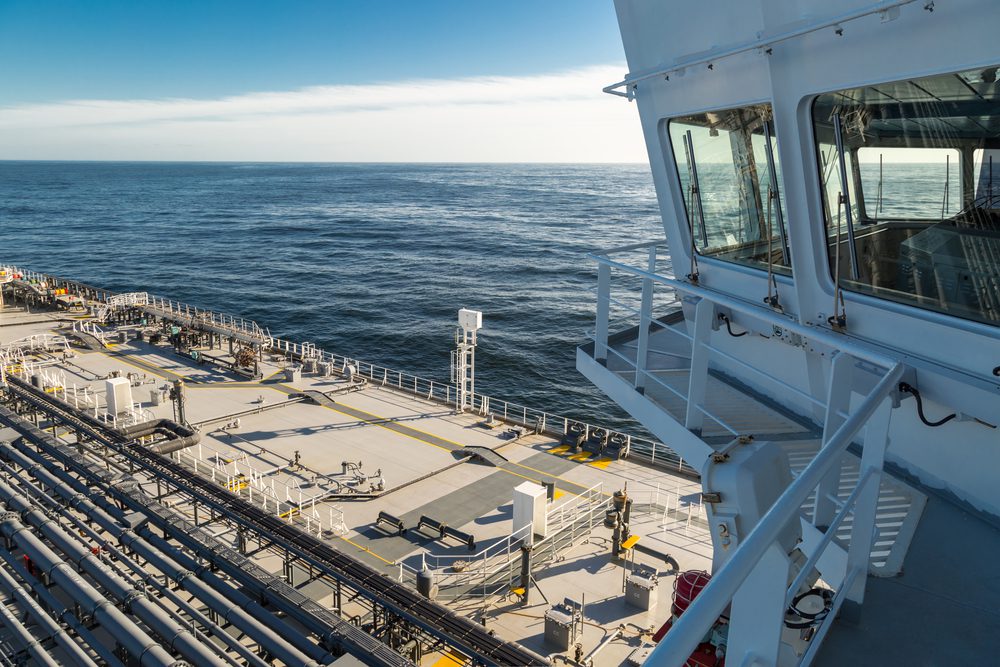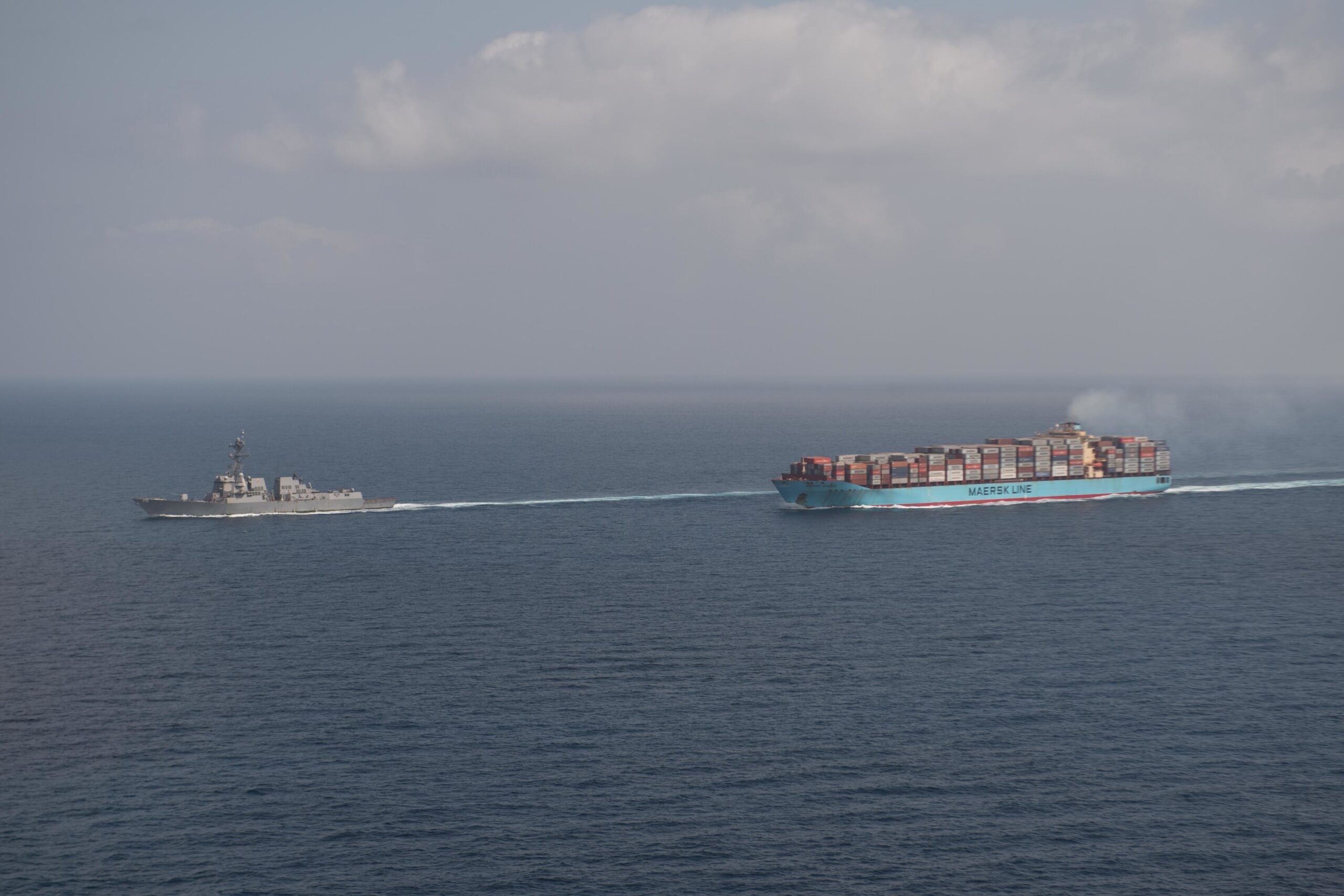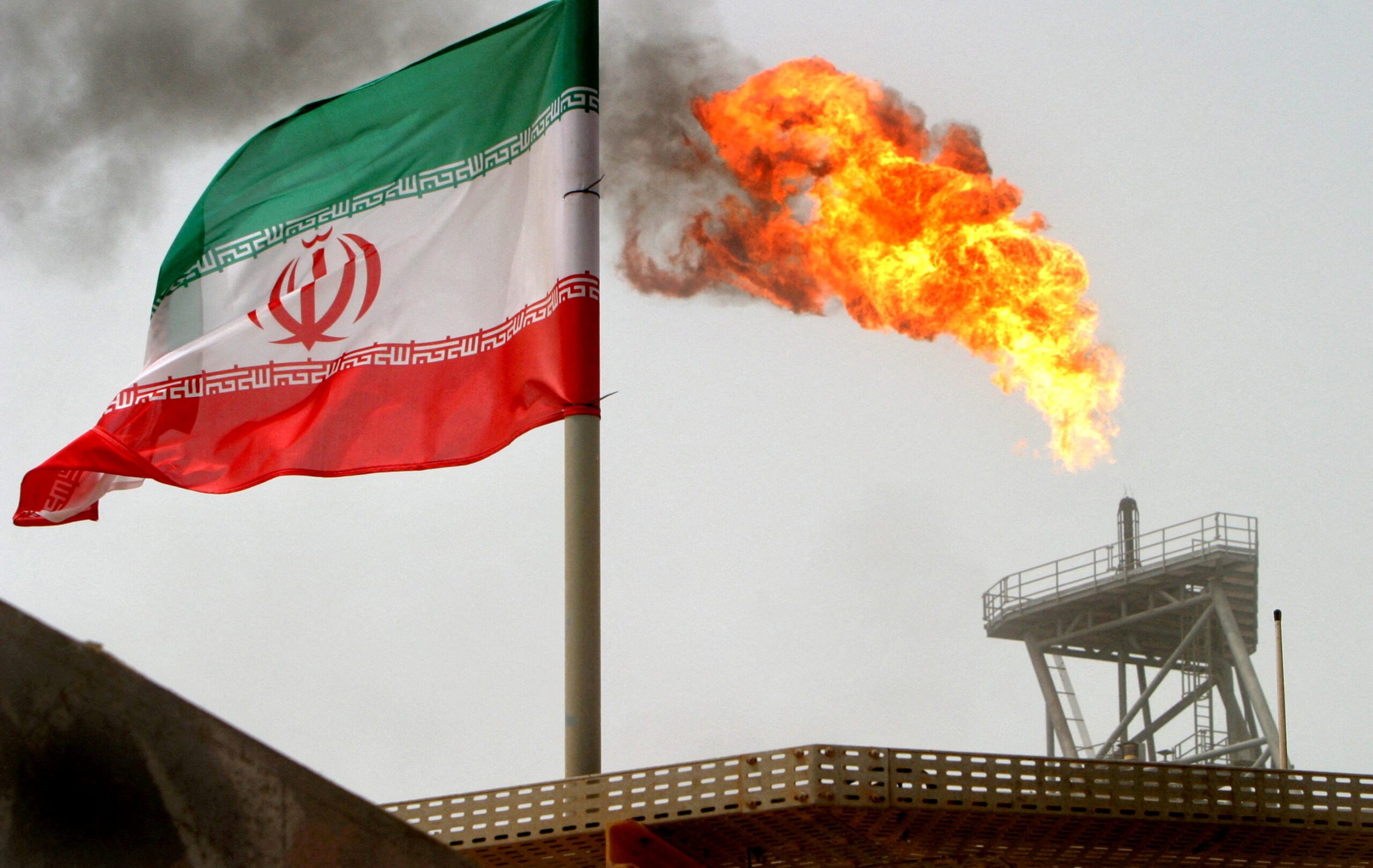(Bloomberg) —
Three crude oil tankers recently sanctioned by the UK are gathering in the Baltic Sea, where two of them feature in loading programs for the ports of Primorsk and Ust-Luga.
Their employment or otherwise will give a sense of how impactful the British measures prove.
The vessels, along with a chemicals/oil products carrier, were named by UK authorities on June 13, when the country announced wide-ranging sanctions on Russia, including its first attempt to clamp down on a shadow-fleet of hundreds of tankers transporting the Kremlin’s oil and a key Moscow-based insurance company.
The Robon, is well-known to watchers of the shadow fleet of tankers used to haul Russian oil under its previous name of Turba. It was filmed transferring Russian oil while falsifying its location as part of a Bloomberg documentary last year.
The ship has been anchored off the port of Ust-Luga since it was named. It has joined three Russian tankers anchored there, which were sanctioned by the US Treasury Department in December and February. None of those ships has loaded a cargo since being named for carrying oil that breached a price cap imposed by Western nations on Russian exports in response to Moscow’s 2022 invasion of Ukraine.
The Ocean AMZ, is anchored about 80 miles further west, near the Estonian port of Tallinn, where it arrived on Wednesday. The area is a popular spot for tankers waiting to load cargoes at Baltic ports, with another eight vessels there as of Friday. The Ocean AMZ is scheduled to be loading a cargo of Urals crude at Ust-Luga, according to shipping information seen by Bloomberg, but vessel tracking data suggest that it has been replaced in the line-up by the tanker Asher.
The third crude tanker, the NS Laguna, is passing the Baltic island of Gotland. It is also heading to Ust-Luga, where it’s due to arrive on Saturday. Shipping information lists it as a possible carrier for a Urals crude cargo to be shipped from the port of Primorsk later this month.
Separately, the chemical/oil products tanker Canis Power has been at a shipyard in Yalova, near Istanbul in Turkey, since early June.
Tankers involved in Russia’s oil trade that were previously sanctioned by the US have struggled to trade as normal after their designation. However, three of them loaded cargoes in recent weeks, months after being named by the US, in the first test by Moscow of the effectiveness of measures taken against the tankers on which it relies to get its oil to market.
© 2024 Bloomberg L.P.

 Join The Club
Join The Club











